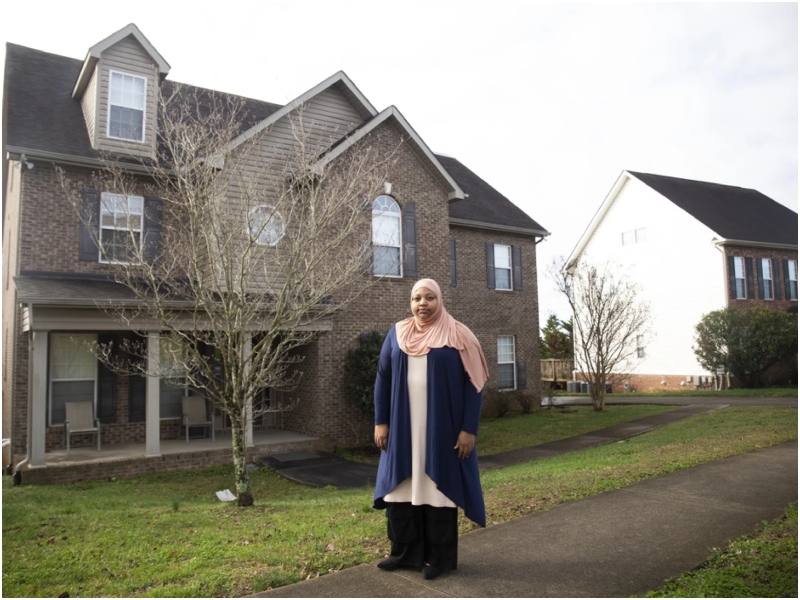Every state is required by the federal government to recover money from the assets of deceased individuals who relied on Medicaid for long-term care in their final years.
While proponents argue it ensures fiscal responsibility, critics decry the practice as cruel and ineffective.
Sandy LoGrande, 57, was shocked when Massachusetts billed her $177,000 for her father’s Medicaid expenses a year after his death. Her father, Salvatore LoGrande, had relied on Medicaid during his final years battling cancer.
Despite assurances that his home would be safe, Sandy was threatened with legal action if she didn’t pay up quickly.
“I just want him to suffer every day like I am,” Goodson told the Associated Press. “I want him to wake up every day in a cell, just like I have to wake up with my mind in a cell.”
Such stories highlight the emotional toll and financial burden imposed on families by Medicaid estate recovery policies. While some states pursue all medical costs, others focus solely on long-term care expenses, creating wide variations in enforcement and impact.
In Tennessee, Imani Mfalme, 42, faces a $225,000 bill from Medicaid after her mother’s death in 2021. Despite draining her mother’s bank accounts to cover care costs, Mfalme wasn’t warned that the family home could be seized to settle the debt.
“It’s just absolutely devastating,” Mfalme said. “She fought hard for equal pay and equal rights. Just to see that ripped away just because she was sick and I was sick.”
The Medicaid and CHIP Payment and Access Commission has recommended that Congress make estate recovery optional, reversing the 1993 mandate.
However, legislative efforts to change the law face significant challenges in a polarized political environment.
Stephen Moses, an architect of the Medicaid estate recovery mandate, acknowledges its flaws but emphasizes its original intent to encourage individuals to plan for long-term care costs privately.
“The plan here was to ensure that people who need long-term care can get it but that you plan ahead to be able to pay privately so you don’t end up on the public health care program,” Moses said.

